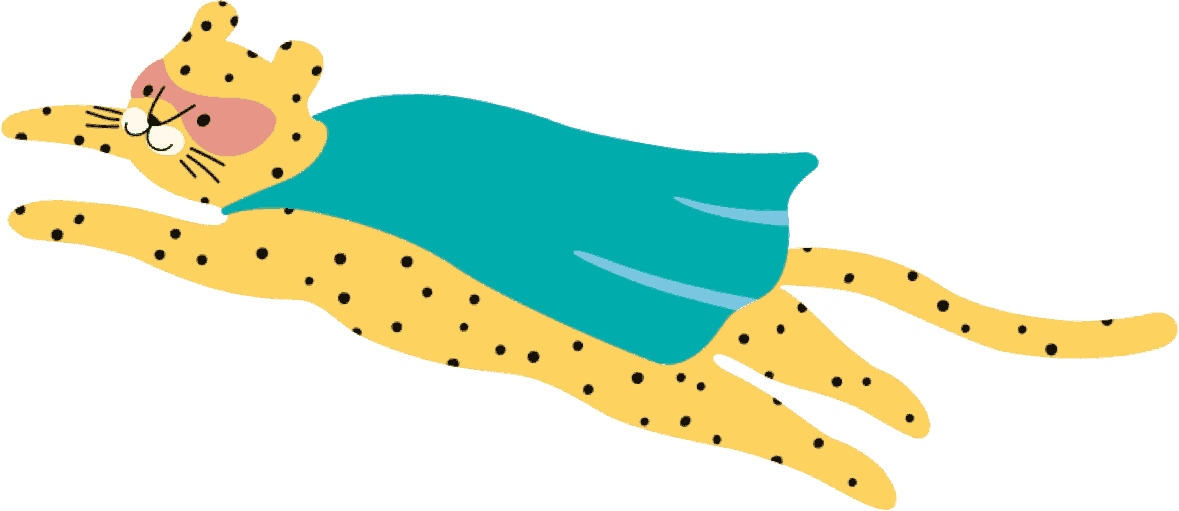What kinds of play activities will support my child’s early learning?
Play is critical to a child’s development as it provides countless benefits, but it is also their first introduction into subjects such as math, science and language which will continue throughout their education. For example, early math is not about concrete facts such as 2+5, but rather learning spatial awareness, patterns, and problem solving. Listed below are toys, games and activities your child may already be doing and ideas on how to further develop their early learning!
Toys or activities that encourage math:
- Board games that require keeping score or counting.
- Use everyday activities as a fun way to introduce math into your child’s daily routine such as: How many dogs can you count on a walk? How many plates do you count at family dinner?
- Ask your child to use different ways to show a certain number - you’ll be surprised at how many ways they can show it! Some examples we love are drawings, tally marks, coins, dice and mathematical equations.
- Discuss the calendar with your child! Discuss how many days are in a month or how many days until Saturday!
Toys or activities that encourage language:
- Games encourage children to comprehend instructions. Begin with sorting and matching games and discuss the different shapes and colors.
- Practice writing letters and words with fun writing utensils, such as color changing markers or chalk, and discuss the different letters and sounds each letter makes.
- Reading is a great way to encourage language by growing your child’s vocabulary and comprehension.
Toys or activities that encourage dramatic play:
- Costumes, props, and pretend play toys encourage dramatic play and allow children to explore themselves.
- Singing and acting are also great ways for your little one to express themselves!
Toys or activities that encourage science:
- Planting a flower, garden or grass is a great way to teach your child about the world around them!
- Discussing the weather and their observations (it is sunny, it is hot) promotes curiosity and their observational skills.
Toys or activities that promote collaborative play:
- Board games help children learn how to work with others and how to be patient and take turns.
- Sports also encourage collaborative play and teamwork.
- If your child is not ready to jump into new social activities, allow them to observe other children in different surroundings.
Toys or activities that encourage outdoor exploration:
- Gardening tools, binoculars, and other outdoor items are great for helping children explore the world around them. Interacting with the natural world will encourage them to ask questions and get a better sense of the plants and animals that also call our planet home.
- Collecting leaves or going on a scavenger hunt promotes creative engagement and new contexts for learning.
Toys or activities that develop fine motor skills:
- Activities such as playdough or beading strengthen hand and finger muscles, preparing them for a pencil grip.
- Playing with household items, such as salad spinners or containers will improve their coordination.
Toys or activities that develop gross motor skills:
-
Tummy time is the foundation for infants to eventually be able to roll over, reach, and crawl.
- Running around, hop-scotch and playing sports are all great whole-body activities to engage major muscle groups.
This article has been reviewed by our team of experts.
Disclaimer: The contents of this article does not constitute medical advice. If you have concerns about any health or medical condition, diagnosis, or treatment you should consult with your pediatrician or a licensed healthcare provider.
